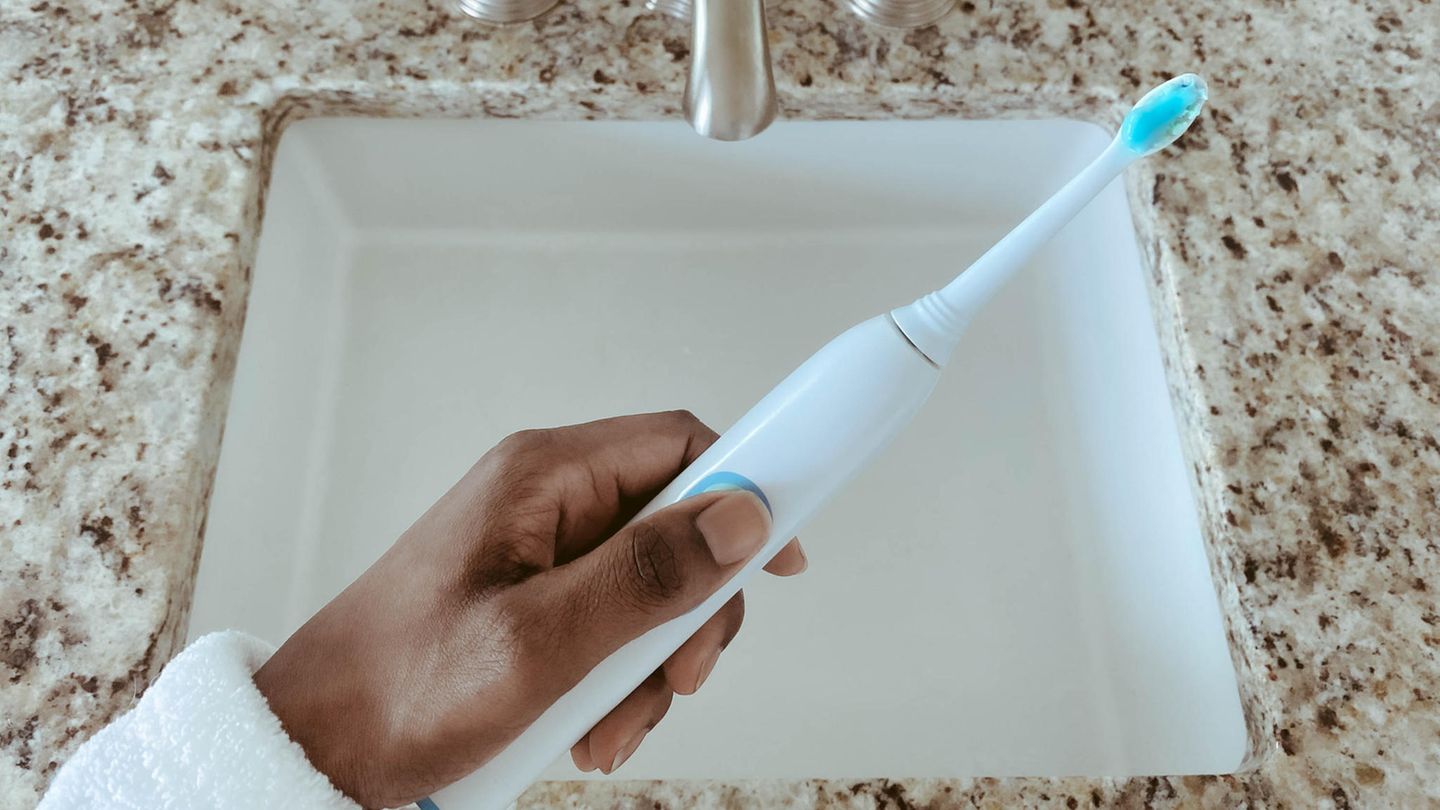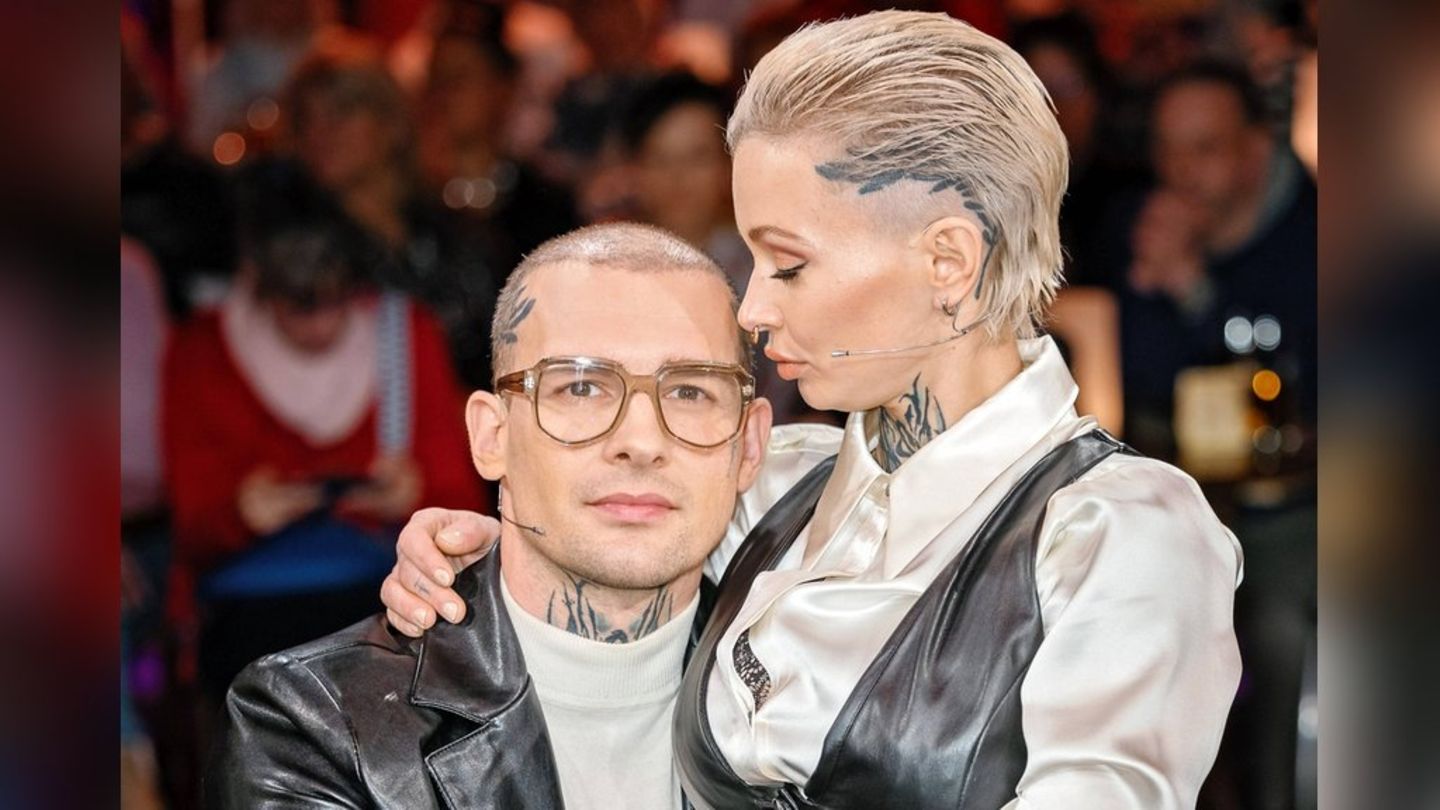Lego wanted to celebrate the finals of the women’s soccer World Cup in Australia and New Zealand with a specially created playset. The idea is great. But even at second glance, one has to state: the homage is not really a success.
The world governing body FIFA, major television broadcasters and some other stakeholders recently impressively demonstrated how the lobby of women’s football will be in 2023. Only after months of back and forth, mutual blame and desperate appeals from politics and sport was it clear: The fans in Germany (and four other European countries) can now follow the tournament Down Under live on free TV. Blackout averted at the last minute.
Others were significantly faster.
In May, the Danish toy giant and block pioneer Lego launched a small campaign for the ninth Women’s World Cup. The play set with the number 40634 did not come as a surprise. After all, the Danish eleven are in a finals for the first time since 2007. The designers in Billund dubbed their homage to women’s football “Icons of Play”. One of the icons of women’s football is without a doubt Megan Rapinoe. The US forward and 2019 World Soccer Player is considered a role model for many girls, an idol and the voice of women’s soccer. She is committed to diversity and has been fighting for fairer bonuses and salaries for years. Now the 38-year-old is available in Lego minifigure format – trademark Fönwelle in pink. In addition to Rapinoe, Australia’s Sam Kerr (Chelsea FC), Yūki Nagasato from Japan (Chicago Red Stars) and Nigeria’s Asisat Oshoala (FC Barcelona) are allowed to appear and cheer in “Icons of Play”.
I am Pierce Boyd, a driven and ambitious professional working in the news industry. I have been writing for 24 Hours Worlds for over five years, specializing in sports section coverage. During my tenure at the publication, I have built an impressive portfolio of articles that has earned me a reputation as an experienced journalist and content creator.



